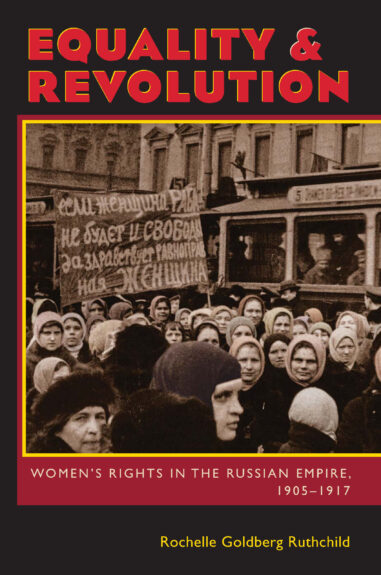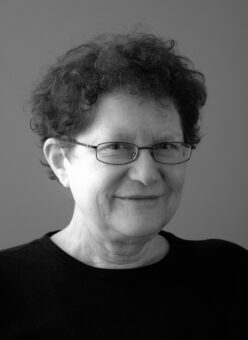On July 20, 1917, Russia became the world’s first major power to grant women the right to vote and hold public office. Yet in the wake of the October Revolution later that year, the foundational organizations and individuals who pioneered the suffragist cause were all but erased from Russian history. The women’s movement, when mentioned at all, is portrayed as meaningless to proletariat and peasant women, based in elitist and bourgeoisie culture of the tsarist era, and counter to socialist ideology. In this groundbreaking book, Rochelle Goldberg Ruthchild reveals that Russian feminists in fact appealed to all classes and were an integral force for revolution and social change, particularly during the monumental uprisings of 1905–1917.
Ruthchild offers a telling examination of the dynamics present in imperialist Russia that fostered a growing feminist movement. Based upon extensive archival research in six countries, she analyzes the backgrounds, motivations, methods, activism, and organizational networks of early Russian feminists, revealing the foundations of a powerful feminist intelligentsia that came to challenge, and eventually bring down, the patriarchal tsarist regime.
Ruthchild profiles the individual women (and a few men) who were vital to the feminist struggle, as well as the major conferences, publications, and organizations that promoted the cause. She documents political party debates on the acceptance of women’s suffrage and rights, and follows each party’s attempt to woo feminist constituencies despite their fear of women gaining too much political power. Ruthchild also compares and contrasts the Russian movement to those in Britain, China, Germany, France, and the United States. Equality and Revolution offers an original and revisionist study of the struggle for women’s political rights in late imperial Russia, and presents a significant reinterpretation of a decisive period of Russian—and world—history.


